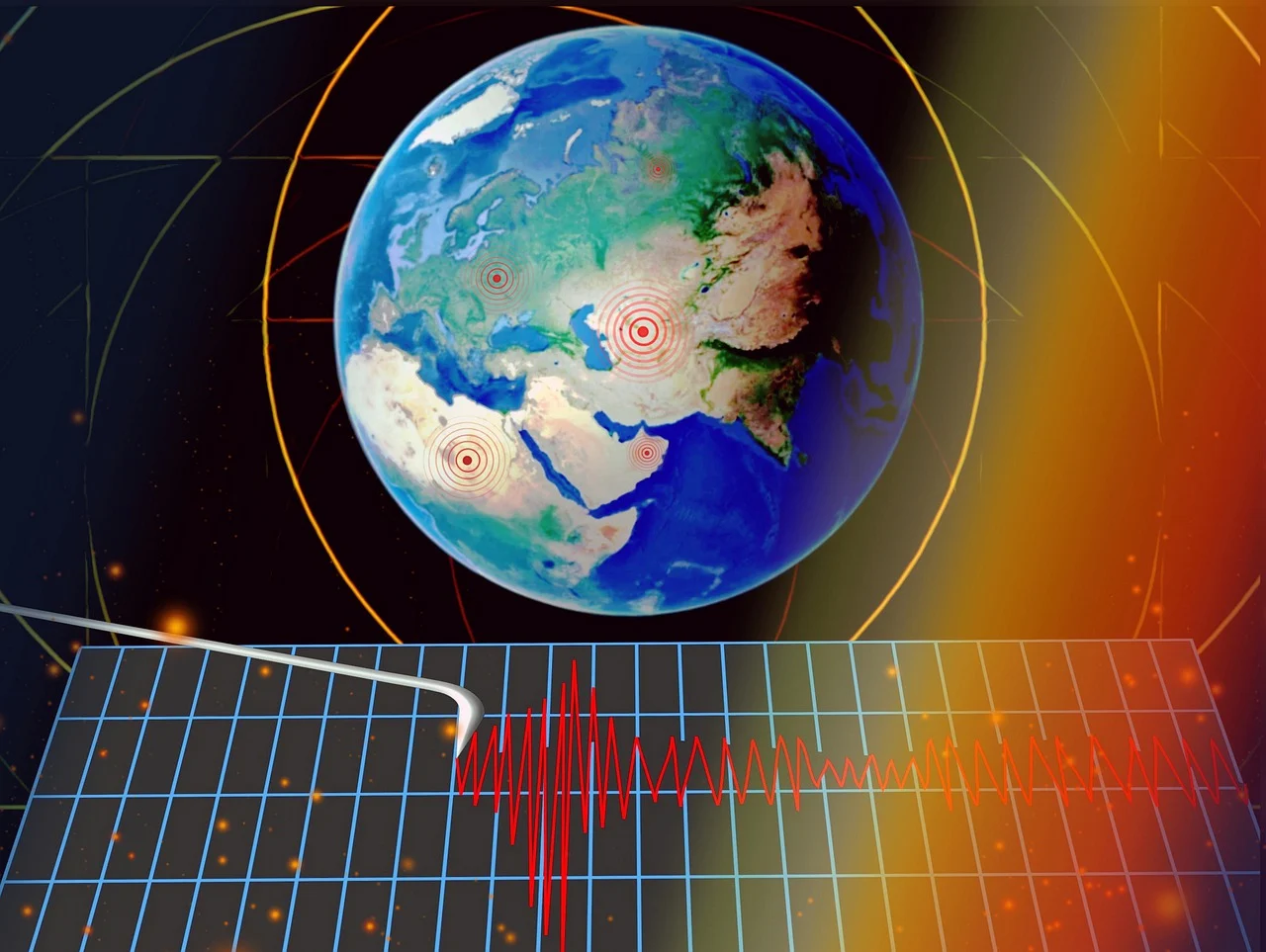A 6.8 magnitude earthquake struck off the coast of eastern Cuba on October 19, 2024, adding further strain to the island’s already overwhelmed recovery efforts. The quake, which hit at 3:39 AM local time, caused significant material damage in several regions, particularly in the eastern provinces of Santiago de Cuba and Guantanamo. The tremor follows a series of devastating natural events that have left Cuba reeling, including widespread blackouts and the aftermath of two major hurricanes that swept through the island in recent weeks.
The Earthquake’s Impact
The earthquake, centered offshore near the Cuban coastline, was felt strongly across the eastern part of the island, with Santiago de Cuba being one of the hardest-hit areas. According to preliminary reports, buildings sustained structural damage, including cracks in walls, shattered windows, and collapsed roofs. In some regions, landslides were triggered, affecting local infrastructure, including roads and bridges.
The tremor also caused power outages in several areas that were already struggling to restore services after the hurricanes. It exacerbated the power grid failures, with some regions facing days of blackouts as authorities worked to assess the damage and restore electricity.
While there have been no official reports of widespread casualties, the situation remains fluid as rescue teams continue to assess the extent of the damage. Local authorities have urged residents to remain cautious of aftershocks and potential further seismic activity.
The Ongoing Struggle with Hurricanes
This earthquake comes at a time when Cuba is still grappling with the aftermath of two major hurricanes: Hurricane Elsa and Hurricane Delta, which struck the island within a short span of weeks. These storms left severe flooding, wind damage, and disrupted agriculture, compounding the difficulties for many communities that were already recovering from prior disasters.
The hurricanes resulted in massive blackouts, affecting much of the island’s electricity grid. The damage to the energy infrastructure has left millions without power, with efforts to restore electricity hampered by the damaging hurricanes and the ongoing strain on Cuba’s power generation facilities. As of the earthquake, many areas were still without electricity, and the risk of further blackouts remained high.
Immediate Response and Recovery Efforts
In the wake of the earthquake, Cuban officials have mobilized emergency response teams to assess the damage, clear debris, and offer assistance to those affected. The Cuban Red Cross and local rescue teams are working tirelessly to provide emergency relief in the hardest-hit areas. There are also reports that international aid is being considered as the country continues to face challenges in both recovery and sustaining daily life.
Local hospitals have been put on alert to handle potential injuries from collapsed structures, while government officials have called for calm and advised citizens to stay vigilant for aftershocks. Temporary shelters are being set up in affected areas, and relief efforts are focusing on distributing food, water, and medical supplies to those in need.
Long-Term Consequences and Challenges
The combination of the earthquake, hurricanes, and ongoing power outages presents a serious challenge for Cuba, which has been grappling with both natural disasters and the impact of economic instability. The country’s recovery efforts are complicated by longstanding issues in its infrastructure, energy sector, and economic sanctions. The Cuban government has faced criticism for its inability to fully restore basic services like electricity and water, which are essential for both daily life and recovery efforts.
Cuba’s healthcare system has been stretched thin, dealing with the aftermath of the hurricanes and the ongoing COVID-19 pandemic. The combined stresses of these multiple crises underscore the urgent need for international assistance to support Cuba’s recovery.
International Solidarity and Aid
In the wake of the earthquake and continuing disasters, Cuba has received expressions of solidarity from international organizations and governments. The United Nations and neighboring countries like Mexico and Venezuela have offered humanitarian aid to assist with recovery efforts. Additionally, the Cuban diaspora community around the world has been raising funds to provide relief to families affected by the disaster.
However, due to the economic blockade and the difficulties in accessing resources, Cuba’s ability to respond with its own resources remains constrained. Humanitarian groups have been calling for increased international support to help stabilize the power grid, provide emergency housing, and assist local farmers whose crops were destroyed in the hurricanes.
Looking Ahead
The earthquake has only compounded Cuba’s challenges, but the island nation has a history of resilience in the face of adversity. With continued international support and focused recovery efforts, Cuba aims to rebuild both its physical infrastructure and its economy in the aftermath of these devastating events. However, the road ahead remains long and fraught with obstacles, as the nation deals with the simultaneous crises of natural disasters, economic hardship, and political tensions.
As Cuba begins to recover from the earthquake’s impact, the need for coordinated international assistance, coupled with domestic resilience, will be crucial for navigating the path to long-term recovery.



